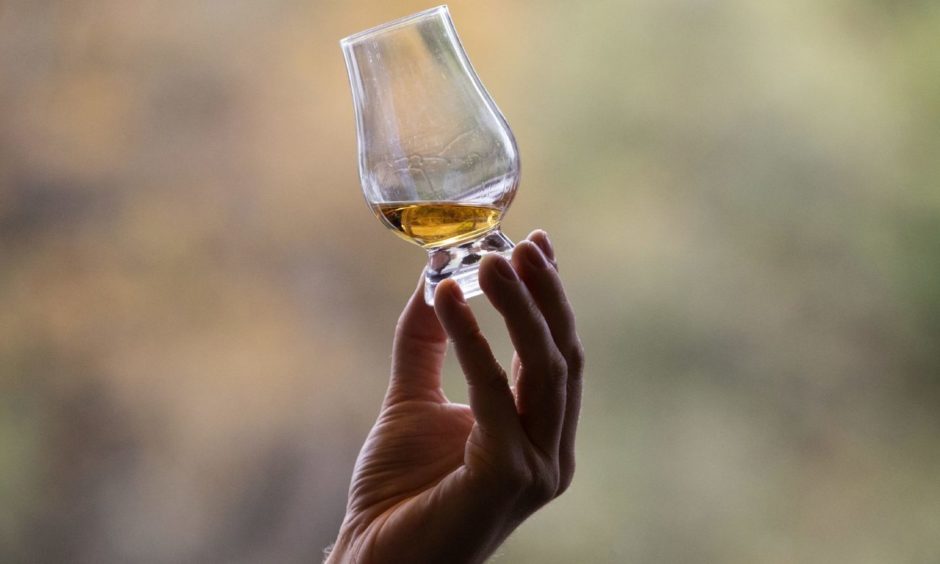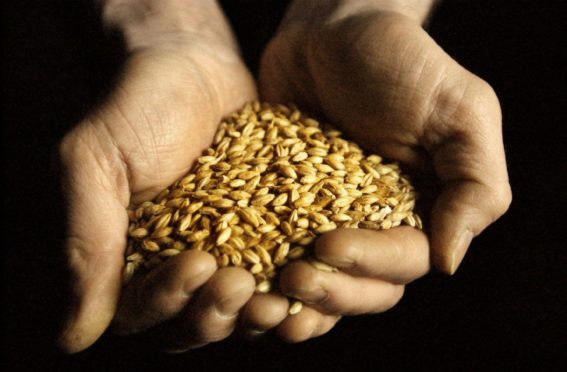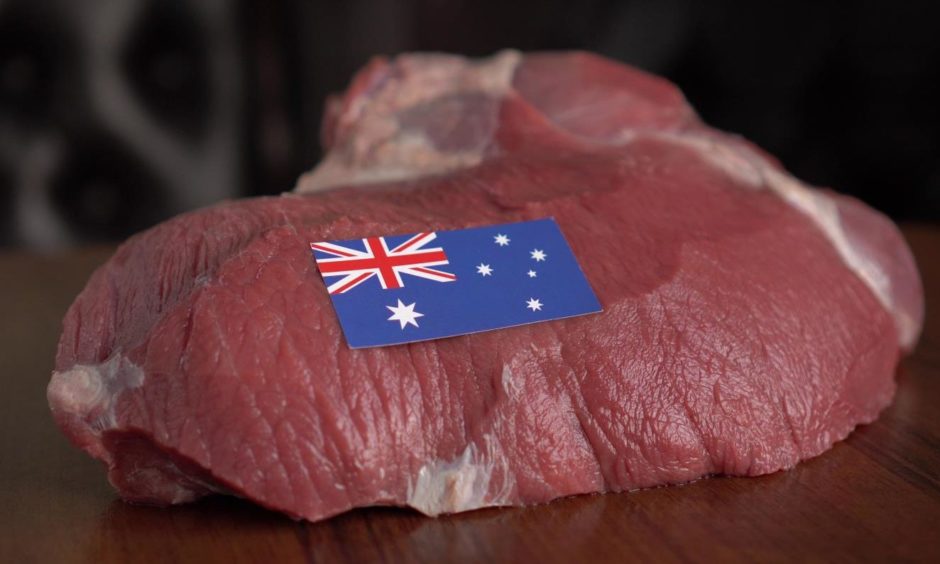Scotch whisky industry leaders may have good cause to toast UK Government negotiators today.
The promise that tariffs on their members’ exports to Australia will be removed as part of a new post-Brexit trade deal is excellent news for a key sector with a strong lobbying voice.
Scotland shipped £126 million worth of bottles down under last year and trade between the two countries has doubled in the last year, making Australia our eighth biggest whisky market.

A great result for one Scottish industry then, and little wonder Boris Johnson was so anxious to declare “a new dawn in the UK’s relationship with Australia”.
But that’s just one side of the story.
Lest anyone become too intoxicated with the success of this deal and what it says for the PM’s image of “global Britain at its best”, spare a thought for another sector – one that is crucial to Scotland and employs thousands of people across Tayside and Fife.
Anxious times for agriculture
Farmers’ leaders have been voicing their concerns about what the package might mean to them for some time and are now demanding to see the details of what has been agreed on their behalf.
For them, the fear is that animal welfare standards will be trashed and small family-run firms will face ruin as they struggle to compete with cheap food imports from Australian farms which are permitted to use hormones, pesticides and feed additives that are banned in the UK.
A 15 year cap on tariff-free imports may sound like a long time in politics. It’s a drop in the ocean to families whose connection to the land can be counted in generations and whose future livelihoods are dependent on it.
As the first free trade agreement to be struck by the UK Government since Brexit, there is a lot riding on this deal.
Whether it should be viewed through a glass half full or a glass half empty remains to be seen.











